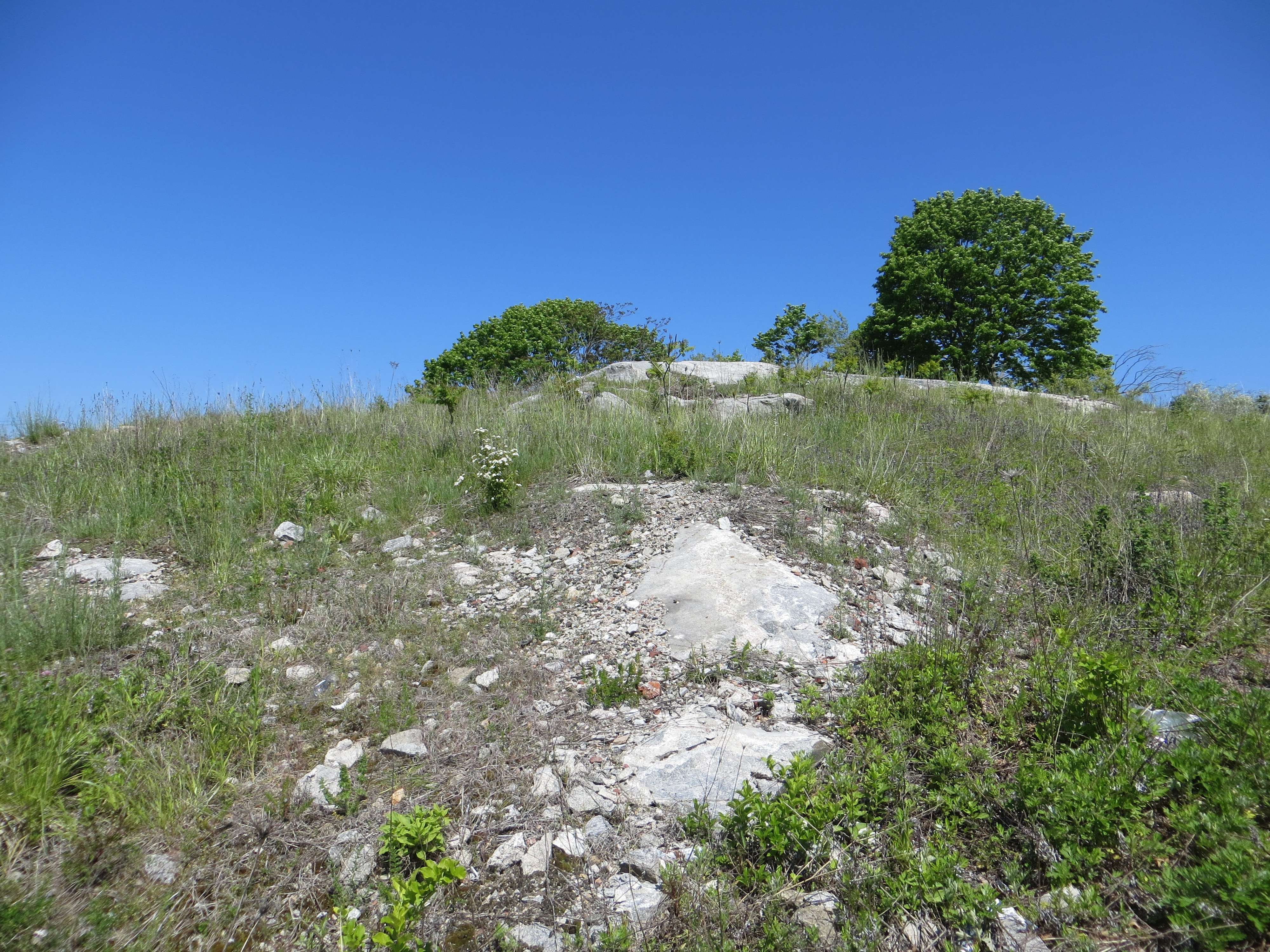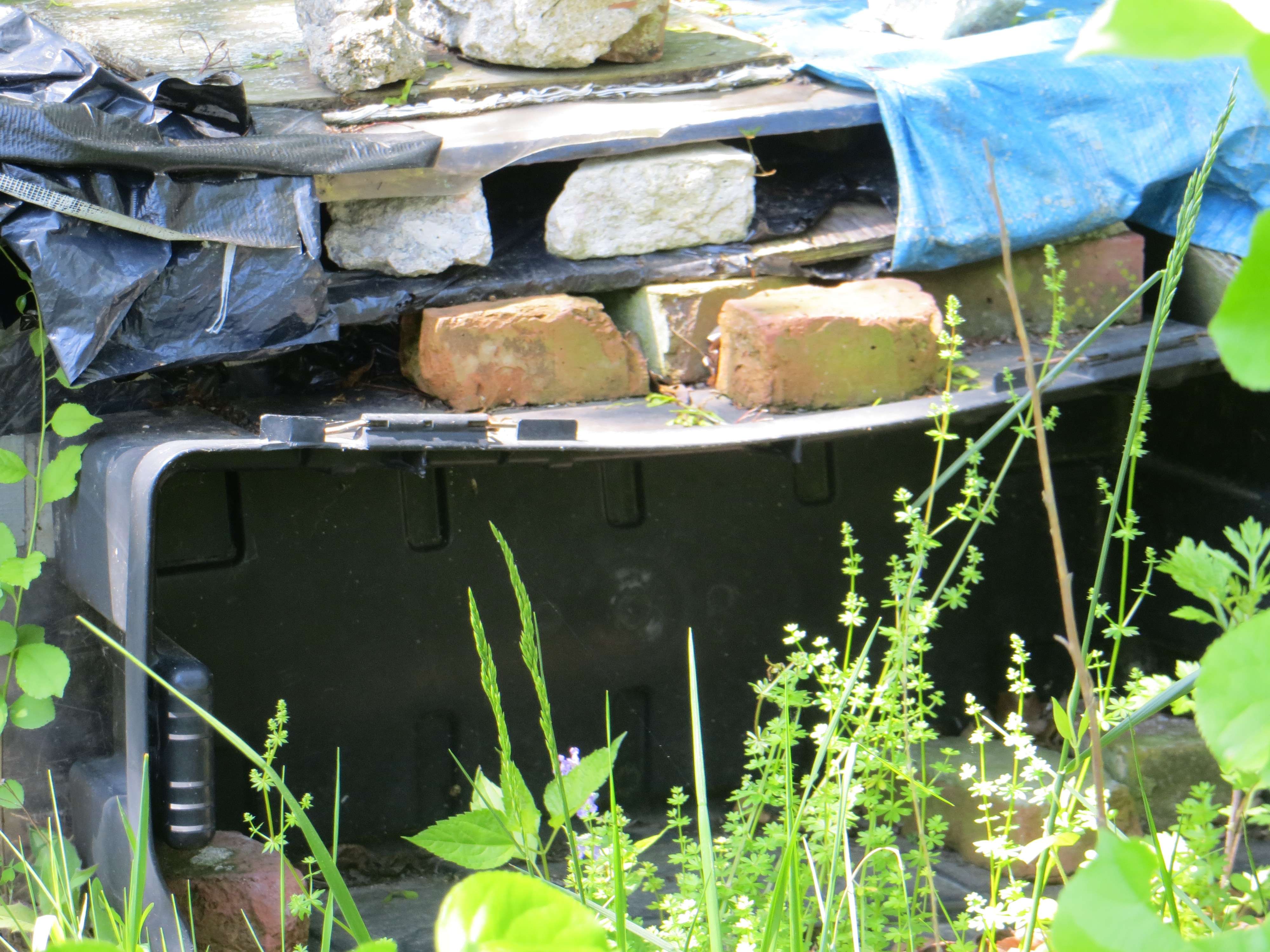The Volokh Conspiracy
Mostly law professors | Sometimes contrarian | Often libertarian | Always independent
New economic development may be coming to the neighborhood where Kelo v. City of New London occurred - but not the condemned property itself
In its highly controversial 2005 decision in Kelo v. City of New London, the Supreme Court ruled that state and local governments have the power to take private property and transfer it to other private owners in order to promote "economic development." It thereby upheld a poorly conceived development plan in the Fort Trumbull neighborhood of New London. Unfortunately, as critics predicted at the time, the plan fell through and the condemned property lies empty to this day, almost ten years later. However, the New London Day recently reported that new development may be coming to Fort Trumbull, after all:
After years of stalled development and an uncertain future for the Fort Trumbull neighborhood, the city and its development association announced Friday that a Pennsylvania company is proposing a 104-unit, $18.4 million residential development on the peninsula.
The Renaissance City Development Association is expected to vote next week on whether to move forward on the proposal submitted this month by A.R. Building Co. It calls for an 80-unit "urban living" apartment building, two 12-unit townhouse buildings with integrated parking garages, a clubhouse with common areas and a fitness room, and an outdoor pool….
"If this is something that proves acceptable to the community, proves acceptable to the RCDA, to the City Council, etc., this is something that could be breaking ground this summer, which I think would be a huge step forward for the city of New London to see a significant development finally move forward at Fort Trumbull," Mayor Daryl Justin Finizio said. "If this project moves forward, and with (Electric Boat) expanding, I think this could be the catalyst that spurs development down there."
It is worth noting that the RCDA is actually the new name for the New London Development Corporation: the organization that produced the development plan that led to the Kelo takings.
A later editorial in The Day expresses the understandable hope that the new project will help the city "move past Kelo," a decision that "made the city a source of nationwide criticism for undermining private property rights, leading to laws reforming eminent domain in many states, though not Connecticut." The editorial is actually wrong to state that Connecticut did not adopt a reform law. It did in fact pass one, but it is one of the weakest laws passed in any of the forty-five states that adopted post-Kelo reforms, and and does very little to impede future Kelos (I discuss the law in detail in this article). However, there is no question that Kelo had a major impact on the debate over property rights around the country, and to some extent around the world.
Unfortunately, as the first Day article noted, the projected new development project will not actually use any of the land condemned in the Kelo case: The new construction, it states, "would be located on roughly 4 acres of land split among parcels 2A, 2B and 2C and would have water views overlooking Coast Guard Station New London and Fort Trumbull State Park. The entire project is on land that was once the Naval Undersea Warfare Center site" (emphasis added). The City acquired the former Navy property long before the takings, as The Day notes, part of it was already redeveloped in 2005. The condemned properties were on Parcel 3 and Parcel 4A.
Thus, the new project will not be using any of the fifteen properties condemned in the Kelo case. As far as I can tell, it also will not utilize the land acquired from other property owners in the area who were forced to sell "voluntarily" thanks to the threat of eminent domain and a variety of pressure tactics, some of which I describe in Chapter 1 of my forthcoming book on Kelo and its aftermath. That doesn't mean that the proposed development project is a bad idea. But it will not, in and of itself, repair the damage caused by the takings.
Hopefully, the RCDA and the city will eventually find a productive use for the condemned land. Until then, it will not be easy for it to "move past" the Kelo case. And even after it happens, we should still remember the lessons of the Kelo case for the broader controversy over the use of eminent domain.
In the meantime, the one-time site of Susette Kelo's famous "little pink house" will probably continue to look much like it does in this photo I took as part of the research for my book:

However, a small bit of economic development has occurred on the condemned land after all. Feral cats have been taken up residence in the area, and some enterprising people have built improvised cat shelters for their use.

Sadly, I did not see any of the cats themselves during my visit. But a local photographer kindly gave me permission to use a picture he took of one of them, and it is memorialized for posterity in my book.


Show Comments (0)